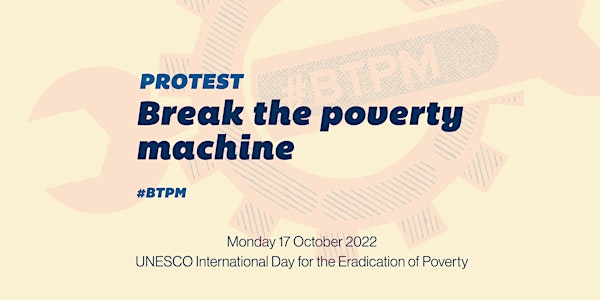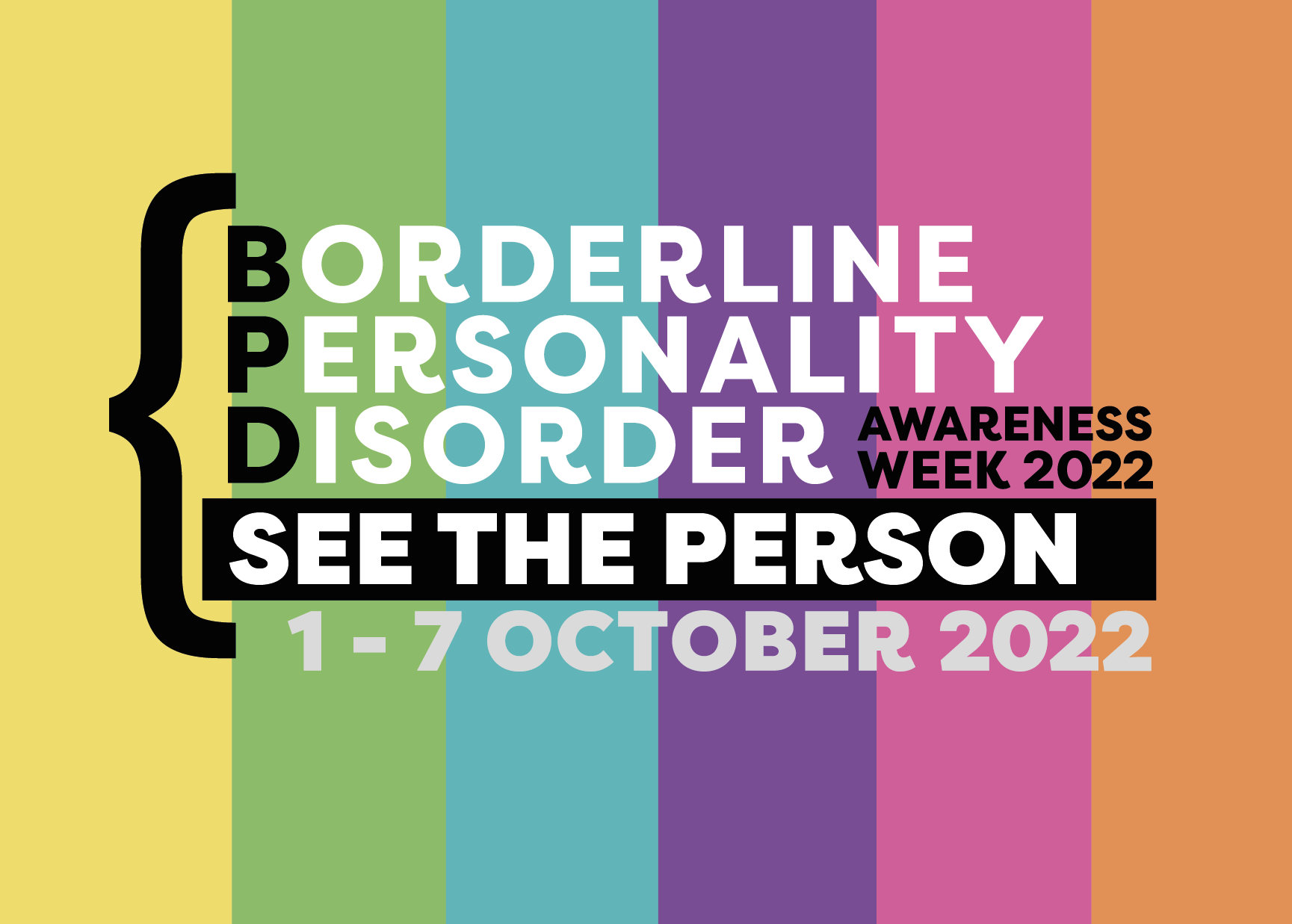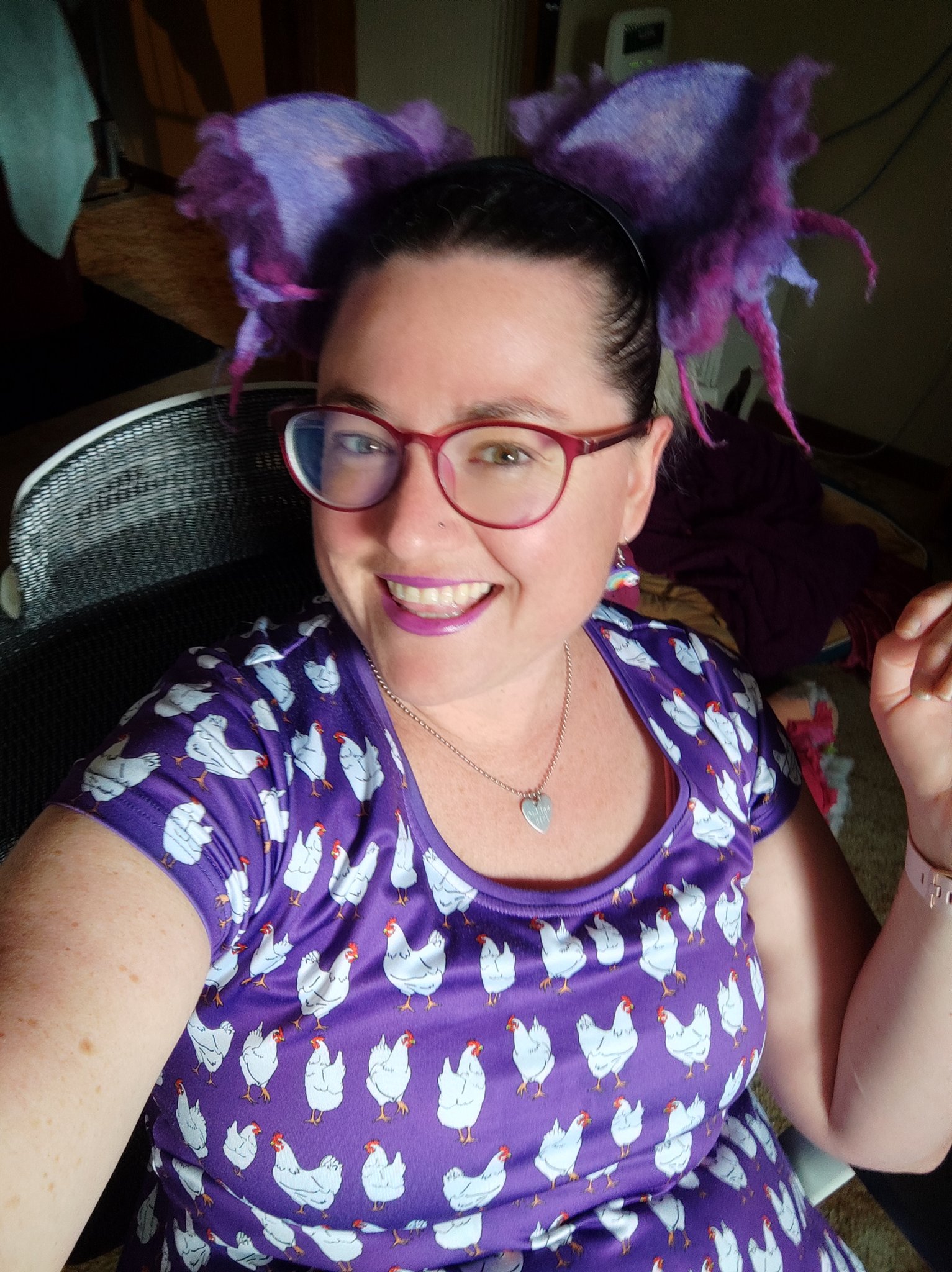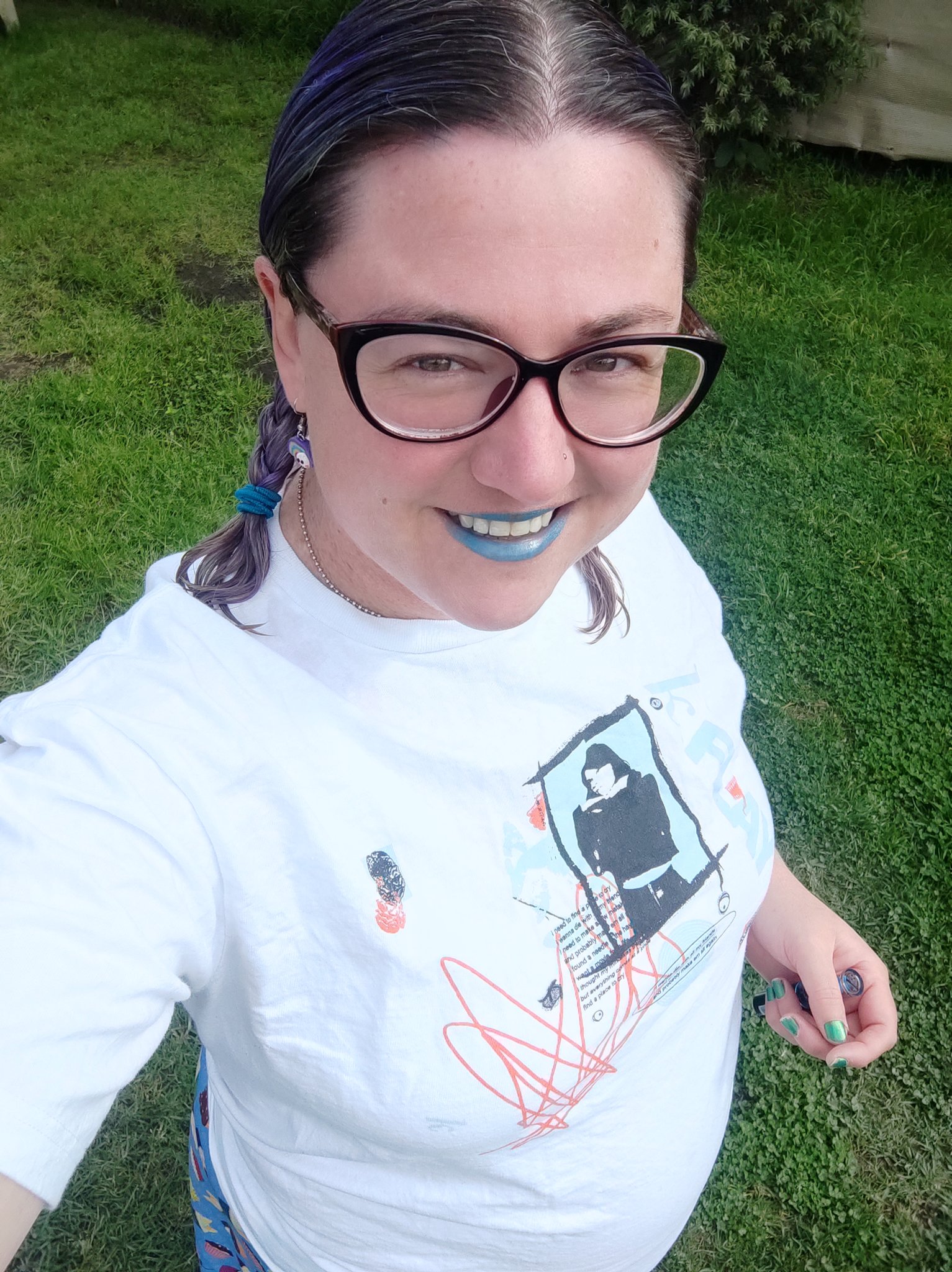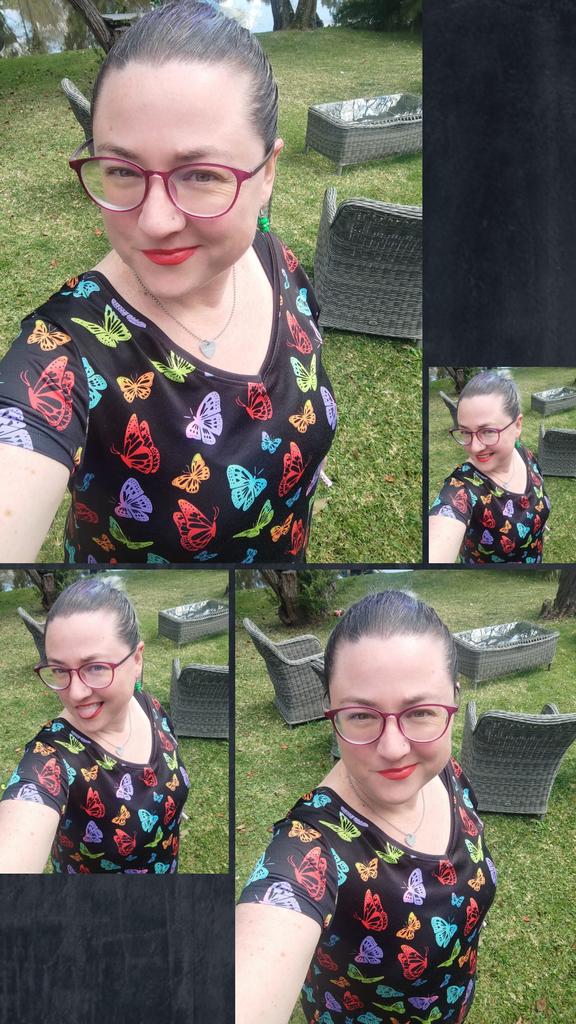oh, hai there. I’m Fiona. You may now know me now as the woman on Q+A with $20 who looked pained at Jim Chalmer’s response to her question about how those on fixed incomes like the disability pension are supposed to make choices between food and medicine (seriously, I better pay that chemist bill as soon as I get this posted – my Webster paks are a lifesaver both literally and metaphorically)… Why are we the ones having to suffer now to keep inflation in check?
My questions and his non-answer:
Jim Chalmers spruiked the simplicity of his first budget, but as the price of items rises faster than the rate of welfare – is it really ‘bread and butter’ for struggling households? #QandA pic.twitter.com/p0eECVajlR
— QandA (@QandA) November 3, 2022
So, it’s taken me a good couple of days to recover from the trip down to Sydney – got the shuttle bus the ABC organised from Broadmeadow station at 5pm with 20 others, we got there around 7:30, then went through screening, I got handed my question on a card and was told that I was the second question and that like I had spoken to the girl on the phone about, Stan would be asking me followups and she and her chatted about my situation and such a couple of times on the phone in the previous days.
It was a bumpy ride, but to my relief a fellow local Greens member and his mate were also on the bus, so I could chat to them and calm my nerves about the whole process. And we got a photo with our idols in the foyer.
We went in around 8pm, I got a microphone attached to me. There was a warm up stand up comic. The questioners were all run through to make sure they got our names right etc, and I was SUPER excited to see that a teacher that I often had in primary school Mrs Turner was there!
Jim Chalmers credits a high school history teacher for changing the course of his life. He says Australia needs to find ways to value teachers more, and retain them better. #QandA pic.twitter.com/6ivnvolpft
— QandA (@QandA) November 4, 2022
I didn’t expect a real answer from Jim, just as I didn’t expect Labor to raise welfare since they walked back their promises and demands that they had in opposition in the lead up to the election they just won. Basically they promised us nothing and we should be grateful for that!
In fact I am not pleasantly surprised https://t.co/eNMNM3vv2C
— AJ Howard (they/he) 🏳️🌈🏳️⚧️ (@AveryHowardAU) July 2, 2021
So, back to why you’re here? After my triumphant non-answer getting on Q+A i called home to Bruce to scream into the void and get his reaction and love. Which I got. And a request for burgers on the way home, to which I lol’d “Yeah I can spend my $20 on that!” he laughed and said, don’t worry about it but then I wanted burgers, and given the rough trip back, chatting with the young liberals and eating lollies and pretzels at dinner, I totally needed those burgers by the time I was back in Tronno at 1am!
So, to all the Daily Mail commenters who commented on my food choices and my fatness, yeah, I had midnight Maccas with that $20 that PureProfile surveys had credited me during the trip down (another DM commenter had suggested them too, don’t worry, I’ve been doing them for 20 years). It was the best Big Mac I’d had in a long time, the chips were salty and fresh, like me, and I needed something in my belly because I needed to be up at 7am to get to my usual Friday appointments of pickup up FoodBank and Ozharvest to share with my sister (and much free bread because there was non in the budget for us) and then to my Antabuse rehab group where we discussed what we like about our sober selves. 20 months sober my friends!
Yeah, I’m fat. And yeah I could exercise more to lose weight, but I’m glad I’m not the bulimic, exercise obsessed skinny girl I once was, 2 hours at the gym a day, running 5kms to quiet her mine. My blood tests are always showing I’m in pretty good health considering, and while I’ve been on seroquel I’ve not been anywhere near skinny. I’m mentally pretty good at the moment, and working on my mental health and life goals, while being a good human being. Looking after myself and my family and friends and being sober and safe. Financially, I’m not making any headway, but I don’t have a credit card to go into debt on, and so long as I can pay my rent and smile, I’ll be okay. Also, so long as the politicians have a food allowance that is five times the daily JobSeeker payment, don’t police our food choices, mmkay?
So, it’s been a big few days. Glad to be home with my boys and love my family, friends and twitter crew to death. Sent Bruce off this morning to work in his little tinny, and I’ve been a good housewife, doing dishes and washing and earning my keep while rolling marbles on Twitch. I also played some Scotty Goes to Centrelink (The Albo Update) earlier, and will probably go another round soon!
The full episode can be seen on the ABC website or YouTube
Please, if you also feel that it’s ridiculous that in Australia people on welfare payments are deliberately kept below the poverty line, sign this petition to parliament to have the rate of all welfare payments raised to above the Henderson Poverty line which is currently $88 a day. The petition is an official parliamentary one so you’ll need to click the verification link in your email when it comes through to complete the process.


























